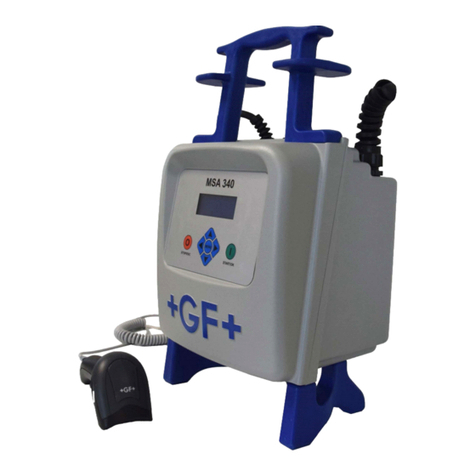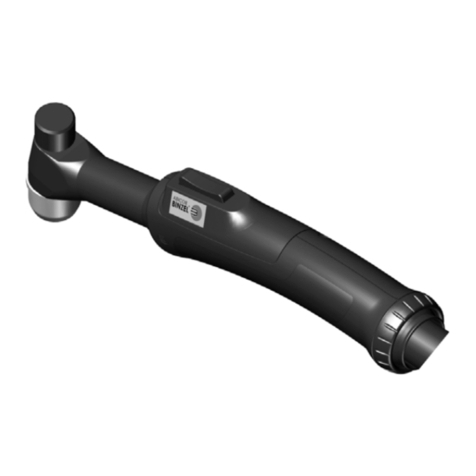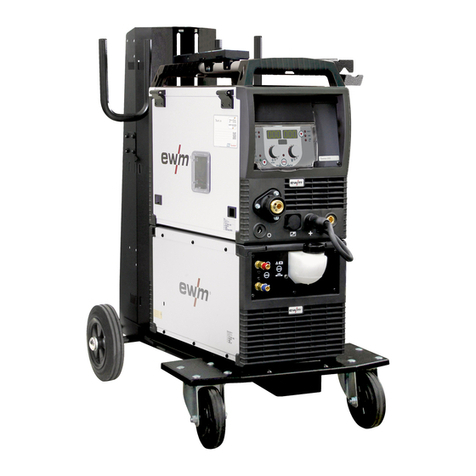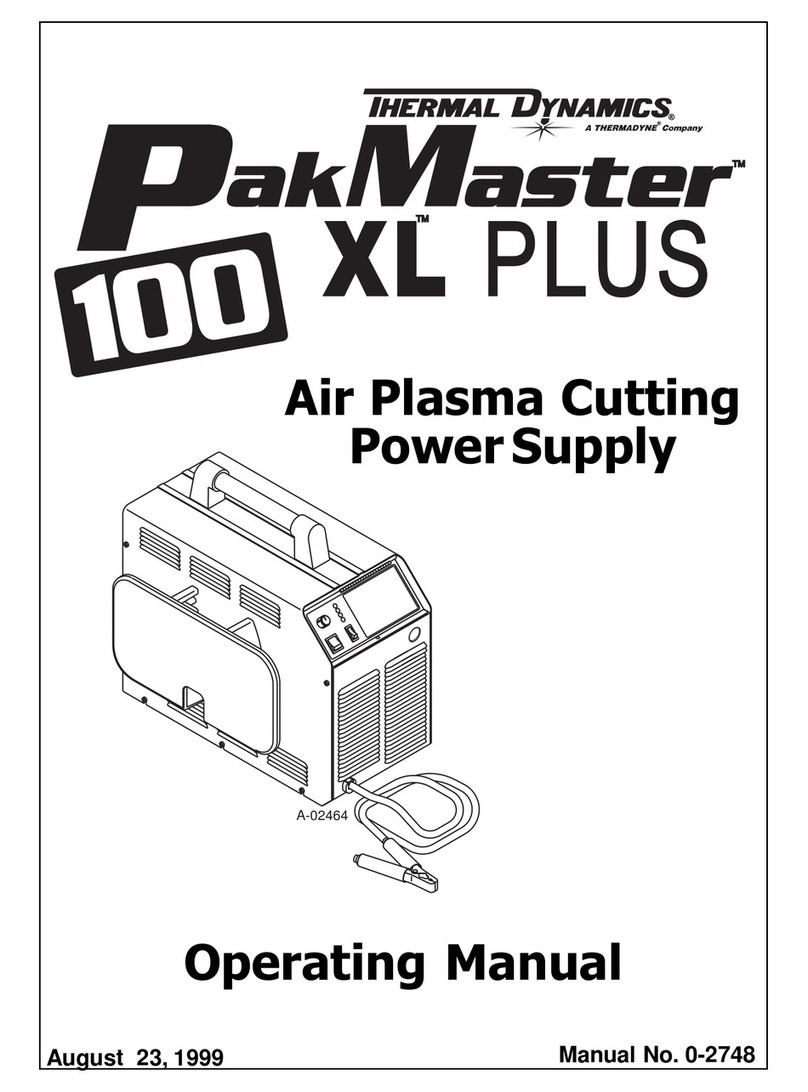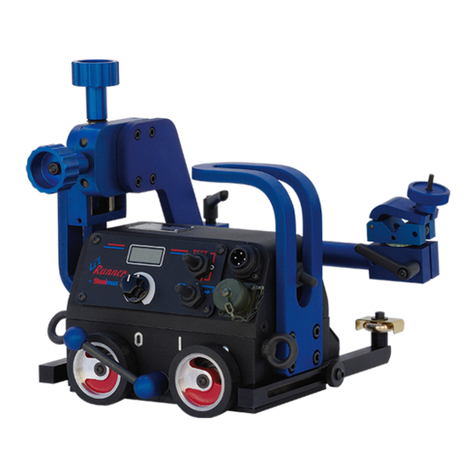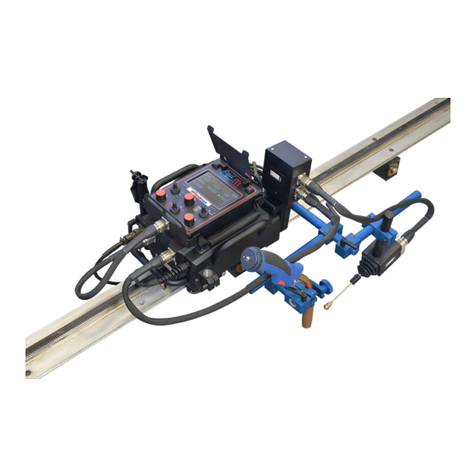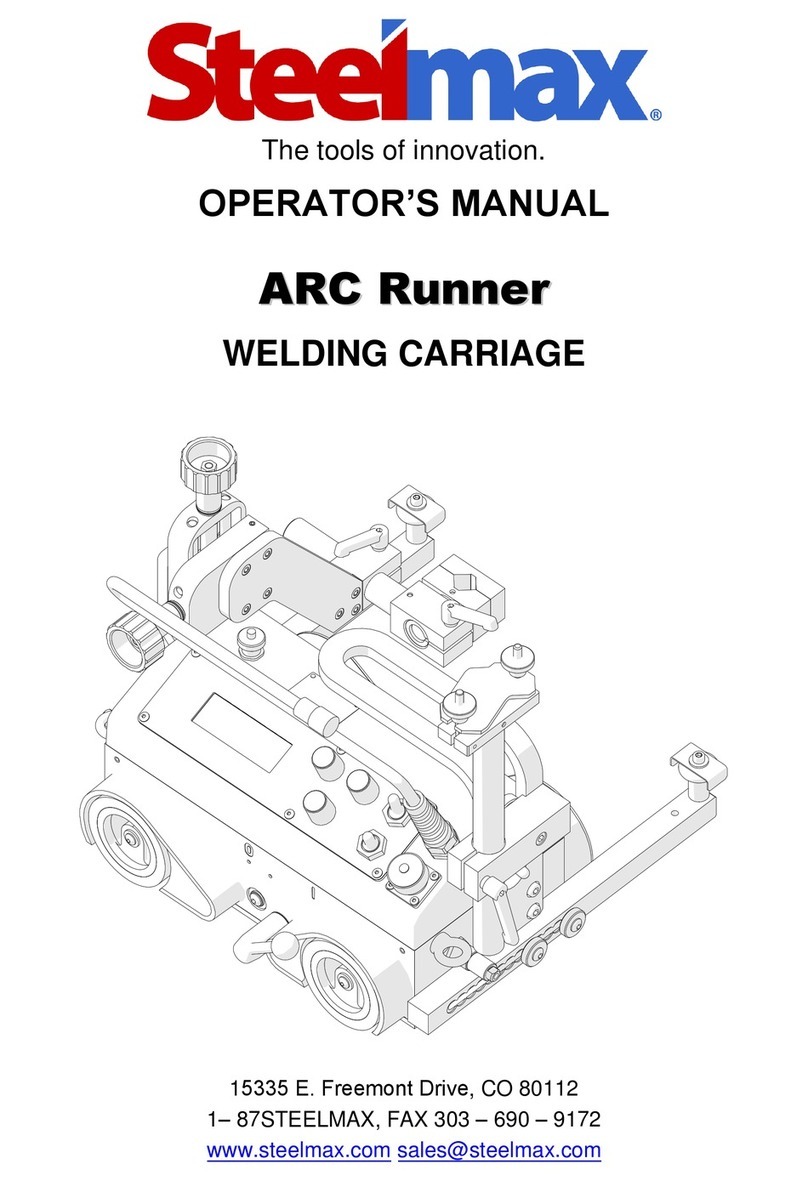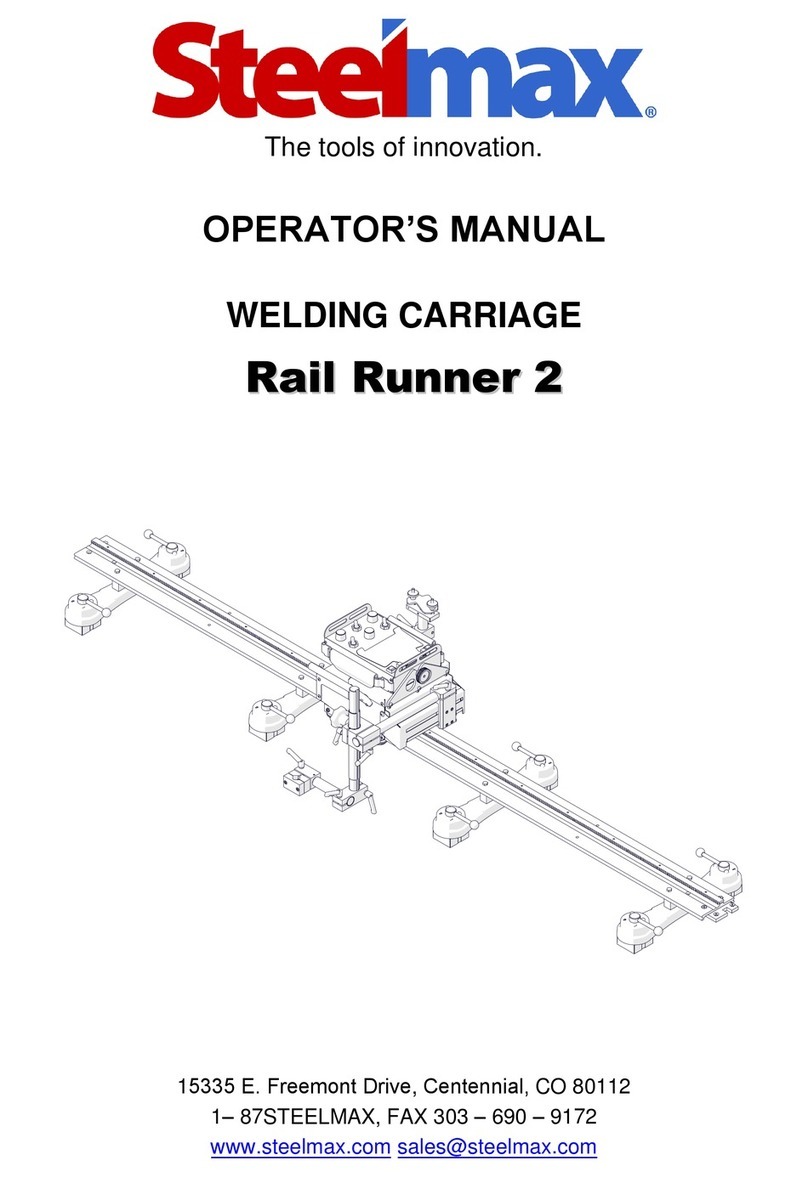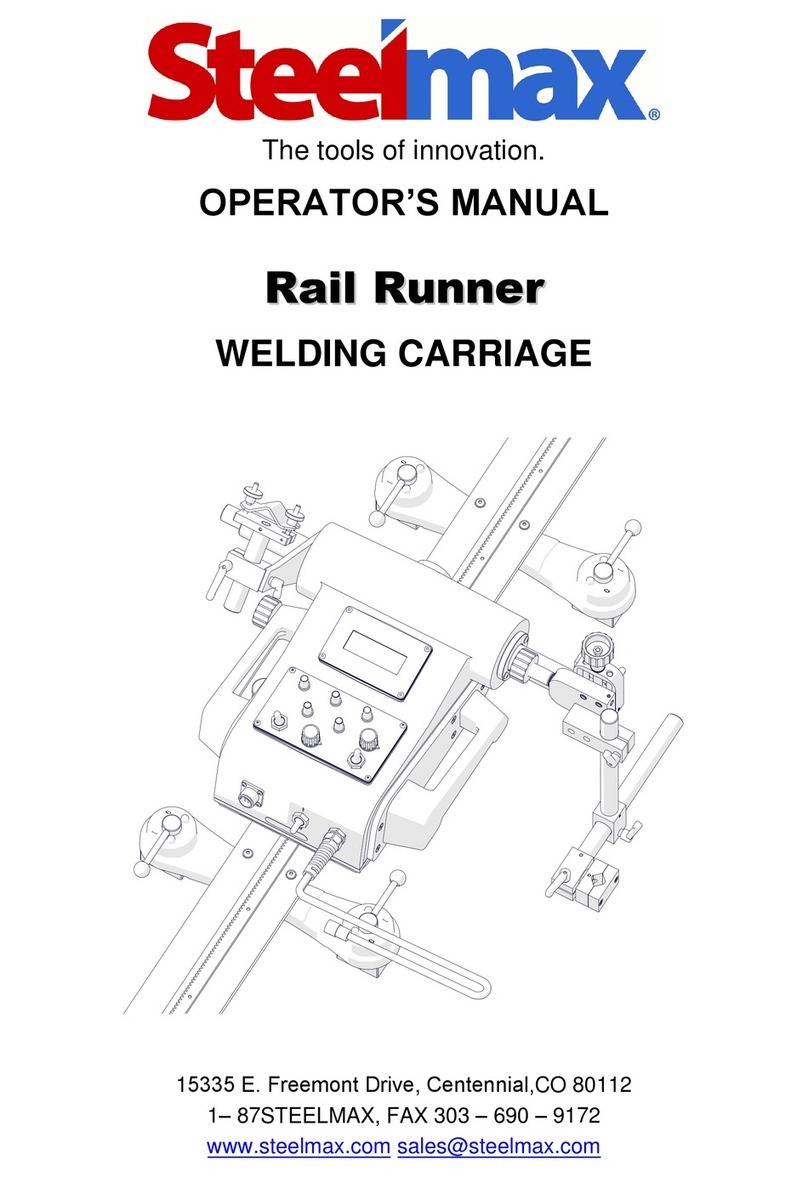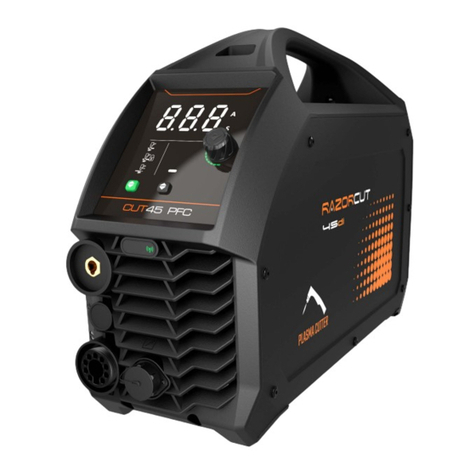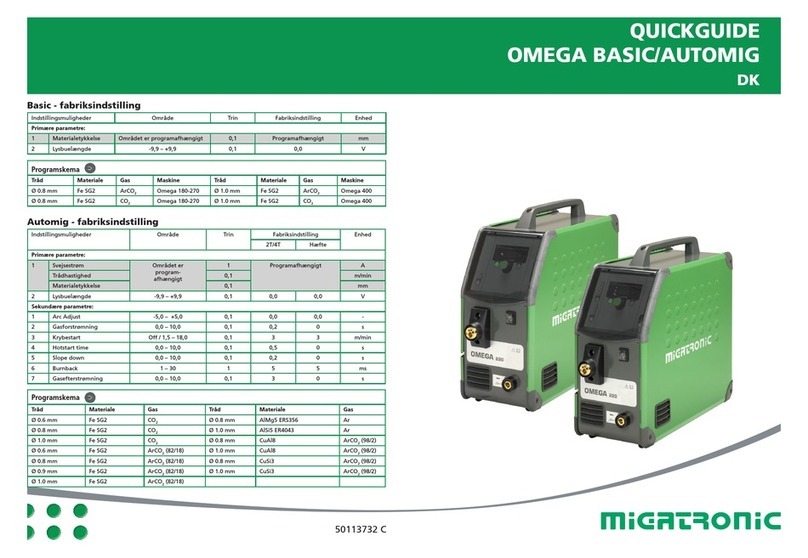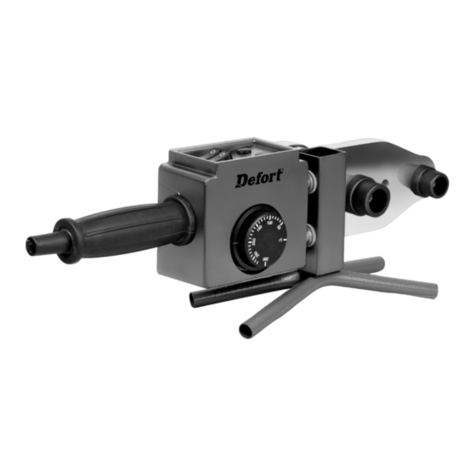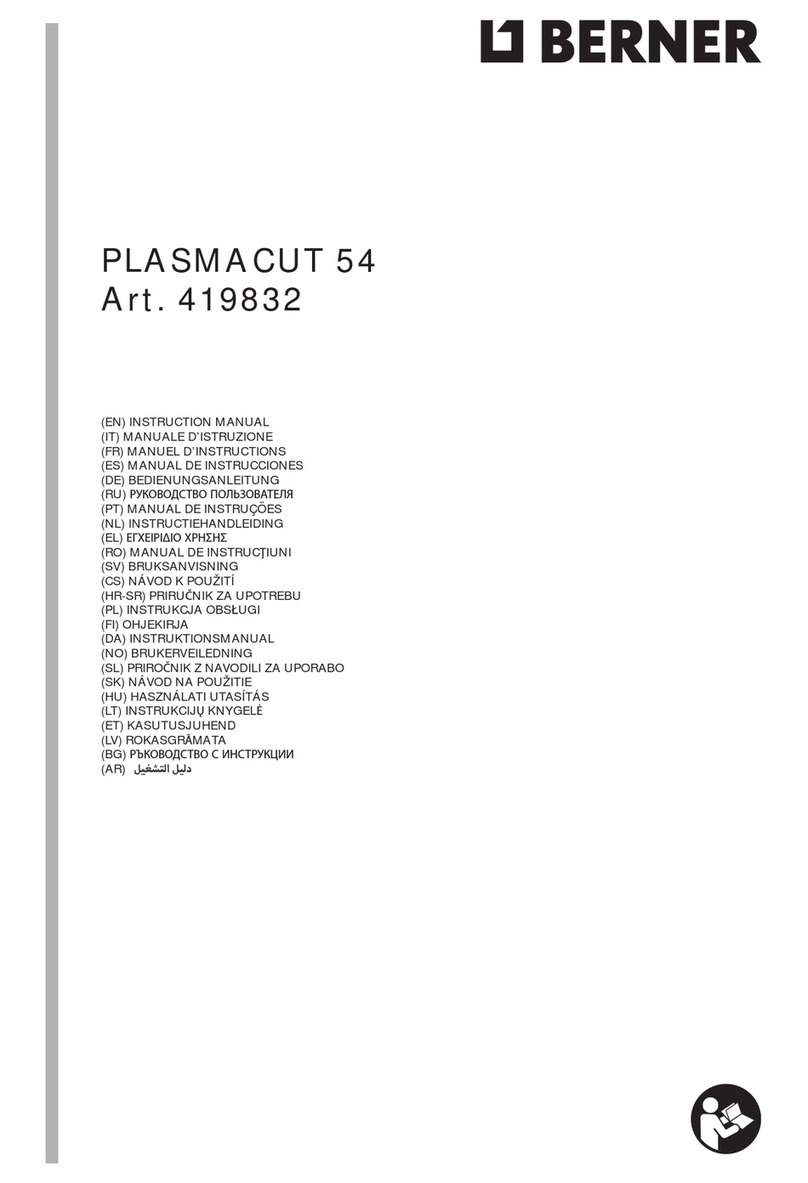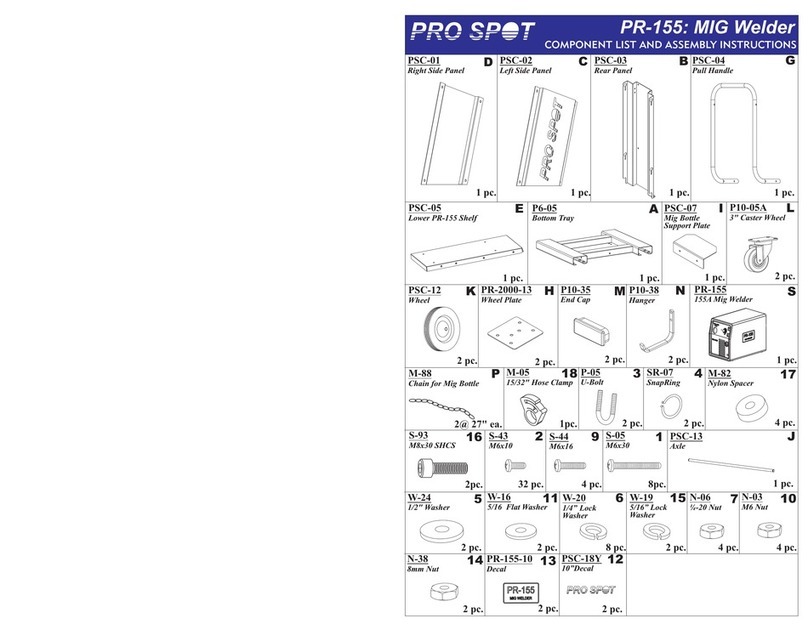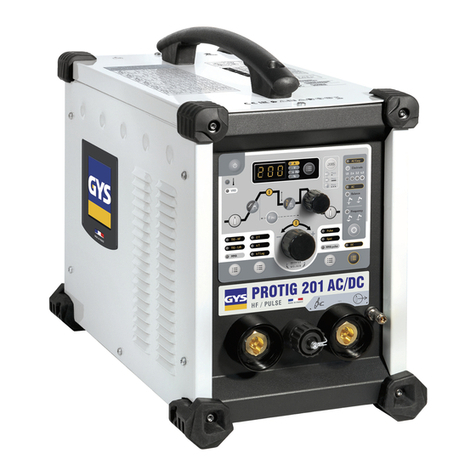
Contents
1. GENERAL INFORMATION............................................................................................... 3
1.1. Application................................................................................................................. 3
1.2. Technical data............................................................................................................ 3
1.3. Equipment included ................................................................................................... 4
1.4. Dimensions................................................................................................................ 5
1.5. Design ....................................................................................................................... 6
2. SAFETY PRECAUTIONS.................................................................................................. 7
3. STARTUP AND OPERATION........................................................................................... 9
3.1. Assembling the hi-flex, semi-flex, or rigid track........................................................... 9
3.2. Assembling the ring track..........................................................................................11
3.3. Positioning on a straight track...................................................................................13
3.4. Positioning on a curved track....................................................................................15
3.5. Preparing..................................................................................................................16
3.6. Connecting to the welding or plasma cutting circuits.................................................18
3.7. Operating..................................................................................................................19
3.8. Adjusting the pressure of rollers................................................................................20
3.9. Troubleshooting........................................................................................................21
4. MAINTENANCE...............................................................................................................22
5. ACCESSORIES...............................................................................................................23
5.1. MIG/MAG welding set...............................................................................................23
5.2. SAW welding set.......................................................................................................23
5.3. Oxy-fuel cutting set...................................................................................................24
5.4. Plasma cutting set.....................................................................................................24
5.5. Hi-flex track...............................................................................................................25
5.6. Semi-flex track..........................................................................................................26
5.7. Rigid track.................................................................................................................26
5.8. Rack adjustment tool.................................................................................................26
5.9. Magnetic units...........................................................................................................27
5.10. Semi-flex track support............................................................................................32
5.11. Vacuum track system..............................................................................................33
5.12. Ring tracks..............................................................................................................34
5.13. Ring track supports and bracket..............................................................................36
5.14. Rack........................................................................................................................37
5.15. Torch holders, clamps, and rods.............................................................................38
5.16. Cutting torch holders...............................................................................................40
5.17. Gas manifold (for oxy-fuel cutting)...........................................................................42
6. WIRING DIAGRAM..........................................................................................................44
7. EXPLODED VIEWS AND PARTS LIST............................................................................45
8. DECLARATION OF CONFORMITY.................................................................................49
9. WARRANTY CARD..........................................................................................................50

